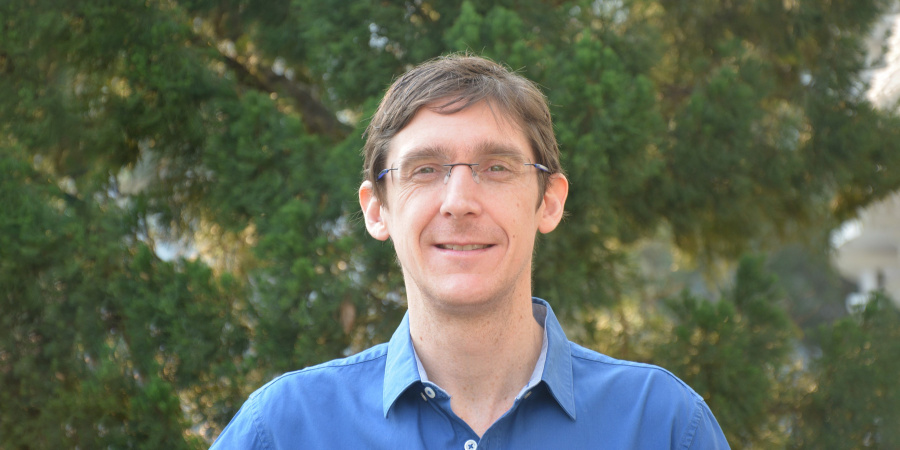Prof. Matthew MCKAY Elected 2021 IEEE Fellow
Prof. Matthew MCKAY, Departments of Electronic & Computer Engineering and Chemical & Biological Engineering, has been elected a Fellow of the prestigious Institute of Electrical and Electronics Engineers (IEEE) in the class of 2021, bringing the total number of IEEE Fellows among School of Engineering faculty members to 42.
Prof. McKay was recognized for his contributions to random matrix theory in statistical signal processing. His research interests include communications and signal processing, random matrix theory, high-dimensional statistics, financial engineering, and computational biology/immunology.
Prof. McKay has received multiple awards in his high-achieving career. These include 2010 Young Author Best Paper Award by the IEEE Signal Processing Society, 2011 Stephen O. Rice Prize by the IEEE Communications Society (ComSoc), 2011 Young Investigator Research Award by the School of Engineering at HKUST, and 2013 Best Young Researcher Award (Asia Pacific Region) by IEEE ComSoc.
Prof. McKay serves as the Area Editor of Feature Articles for the IEEE Signal Processing Magazine. Previously, he served on the editorial board of the IEEE Transactions on Wireless Communications and of the mathematics journal, Random Matrices: Theory and Applications. In 2018, he was selected as a Young Scientist of the World Economic Forum. In 2020, he was selected to participate in the World Laureates Forum as a Young Scientist.
The IEEE grade of Fellow is conferred upon a person with an outstanding record of accomplishments in any of the IEEE fields of interest. It is the highest grade of membership and is recognized by the technical community as a prestigious honor and an important career achievement. IEEE members total over 419,000 in more than 160 countries. The number of fellowship recipients each year does not exceed 0.1% of the total voting IEEE membership.
Related link:

